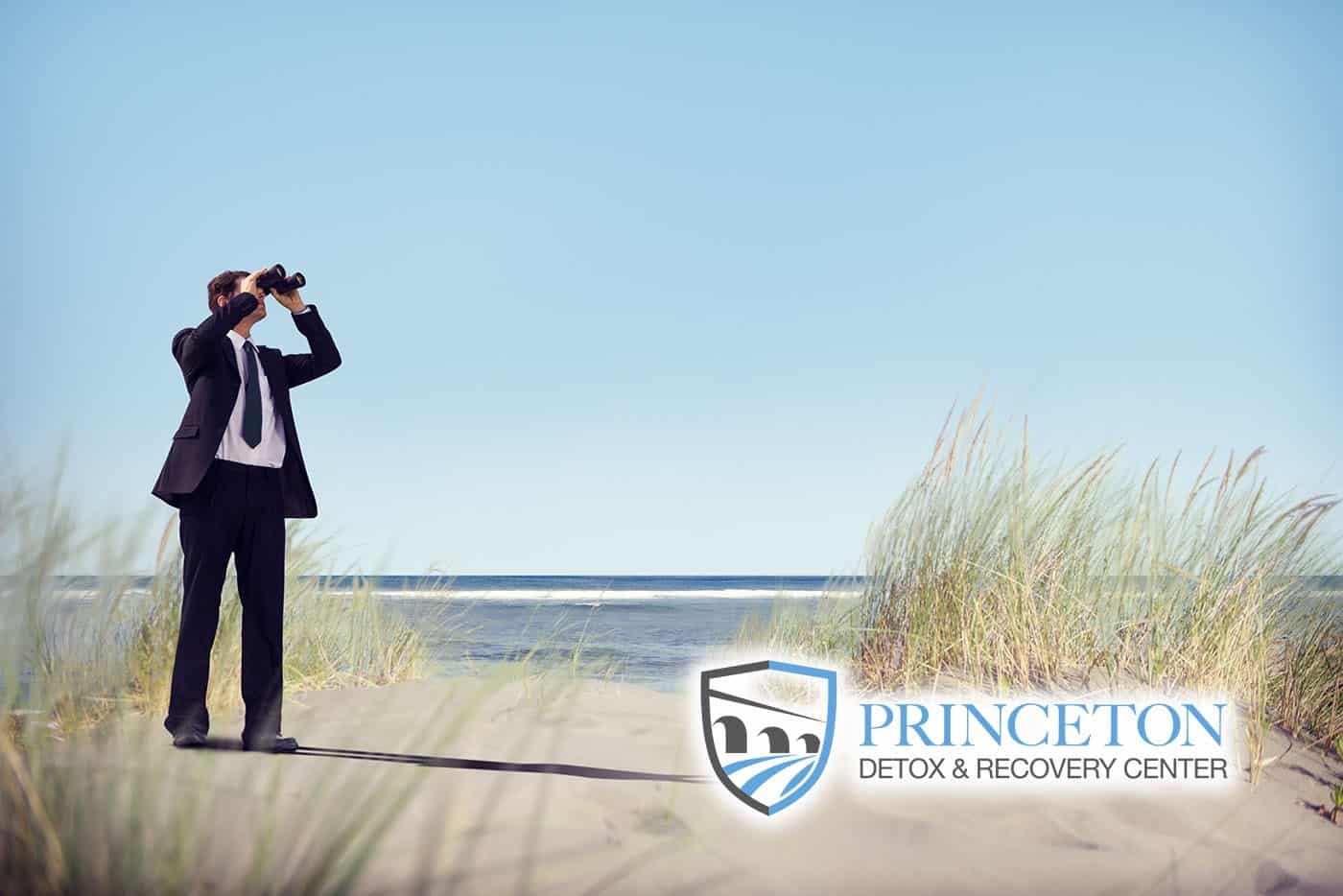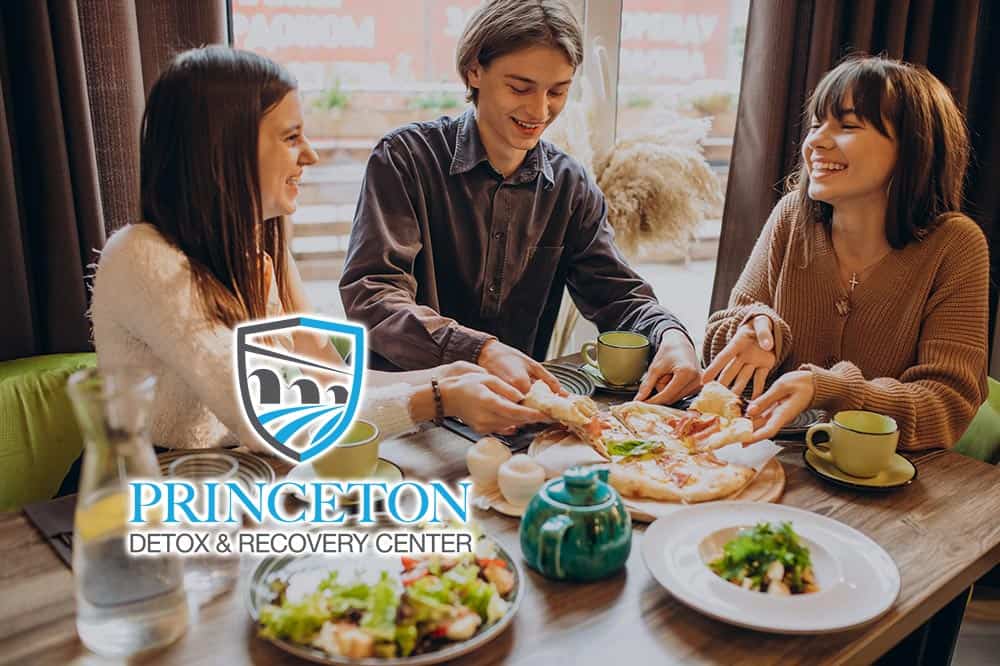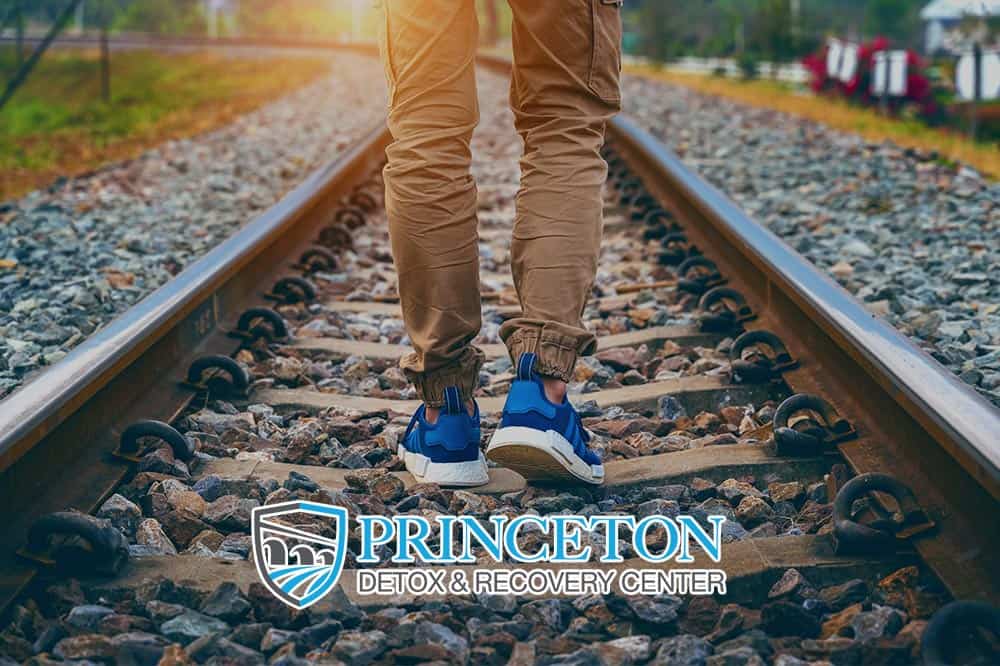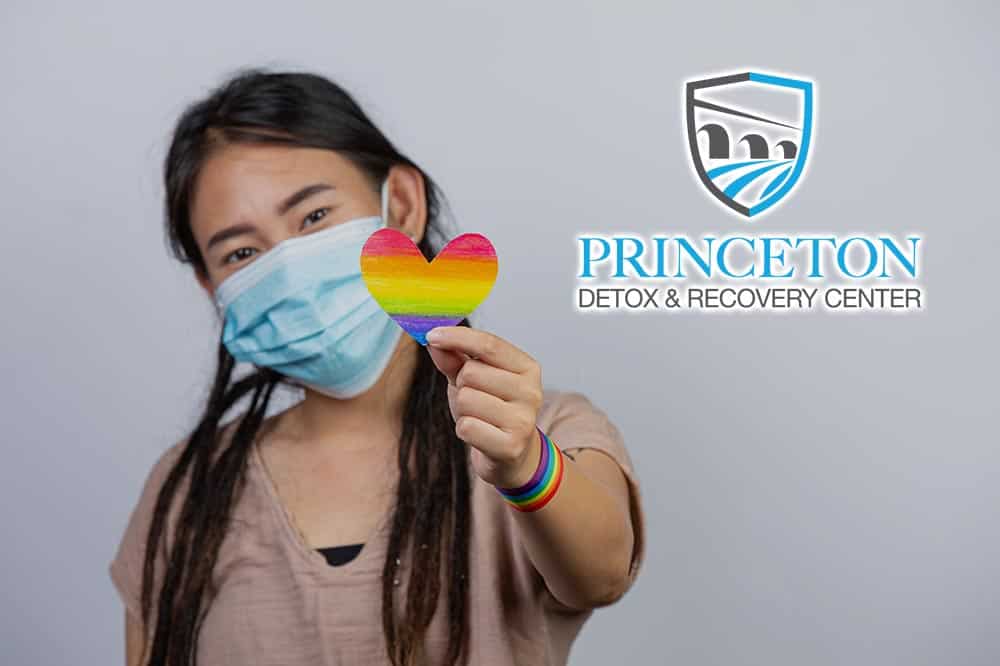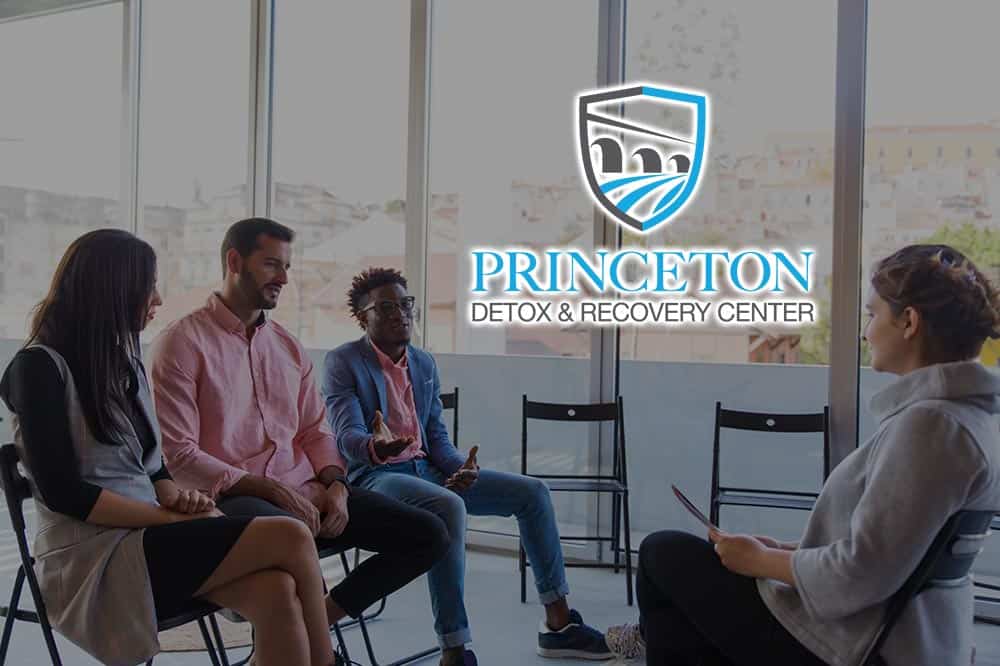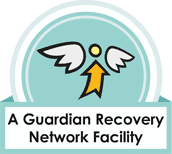The First Few Days of Recovery
At Princeton Detox & Recovery Center our team of experienced professionals will guide you through the very first steps of the process, which begins with medically monitored detox. In medical detox, you’ll be closely monitored as you undergo withdrawal from drugs or alcohol. The point of detox is to ensure your physical health as you withdraw, and make sure that you’re stable enough to be discharged to inpatient treatment. Upon your arrival at our Princeton, NJ facility, you’ll undergo an in-depth evaluation, which will determine the (initial) length of your stay, and dictate what kind of medical care you require. In some cases, if the admitted patient hasn’t been using drugs for an extended period of time, or if drug use has been relatively infrequent, he or she will require a lower level of care. This will usually consist of a psychological evaluation, a detailed run-down of personal and family history of substance abuse, a one-on-one session with a licensed therapist, and any other services that are deemed necessary and important.
Drug and Alcohol Detox
Detox will typically last for at least three days, and it can last up to a couple of weeks if the admitted patient is in really bad shape. Those who have been using opiates, like heroin or prescription painkillers, are generally not in life-threatening danger during withdrawal (they can be, however, when complications arise). Mostly, they experience extreme physical discomfort. They often experience a combination of the following symptoms:
- Nausea and vomiting
- Extreme stomach cramping
- Body aches
- Chills/cold sweats
- Anxiety and depression
- Seizures – in some instances
Those who have been grappling with an opiate dependency and are looking to get sober will typically relapse before the withdrawal process is over, due to the harsh discomfort they are feeling. You may have heard the term ‘get well’ in reference to opiate withdrawal. When a heroin addict says he wants to ‘get well’, it means he or she wants the symptoms of withdrawal to stop. Princeton Detox & Recovery Center offers 24/7 care to help ease the symptoms of opiate withdrawal. The point of our program is to keep newly sober individuals safe and secure to prevent them from relapsing, while making the withdrawal process as painless as possible.
Withdrawal from some chemical substances, like alcohol, can lead to very serious and life-threatening complications, including seizure, stroke, coma, and suicidal ideation. If someone comes to us who has been drinking heavily for years, we will put them under close medical care for the length of their stay. We understand that every case is unique, and we treat every case as such. Once a patient has been completely stabilized, we will sit down with them and carefully determine which type of inpatient treatment center is the best option.
We Are Here For You
Let Us Help You Heal
Our Drug & Alcohol detoxification experience is second to none.
Learn how we can help by speaking with one of our Treatment Advisors today.
Inpatient Treatment
Recovery is not one-size-fits-all. Depending on your personal history and individual needs, our team will determine which type of treatment center is the right fit for you. There are several different types of inpatient treatment programs:
- Intensive Inpatient Treatment
Intensive inpatient is an ideal option for those who have been struggling with alcoholism or drug addiction for an extended period of time, or who have gotten pretty bad pretty quickly. In many cases, those who experiment with heroin will develop life-threatening addictions straight away. In cases like these, intensive inpatient is important. Typically, intensive will last longer and require slightly more intensive therapy – both one-on-one and group therapy. While this is a fundamental component of every treatment program we at Guardian Recovery Network offer, our standard treatment program lasts an average of three months (as opposed to six or more).
Ready To Begin Your Detox?
Don’t let addiction control your life.
Call us today and let’s get you started on the path to a better you.
- Gender-Specific Treatment
Sometimes, men or women who have undergone trauma at the hands of the opposite sex will benefit from attending a gender-specific treatment center. This will allow for a greater level of comfort, which will ultimately lead to a deeper level of healing. Many treatment centers will offer a program specifically for women and specifically for men, and house the two sexes separately, despite the fact that they share the same ‘campus’.

- Age-Specific Treatment
We treat both drug addiction and alcoholism, and we treat men and women of all ages. Although addiction definitely doesn’t discriminate, huge differences between generations can make putting everyone together in group therapy settings somewhat difficult. For this reason, there are age-specific treatment centers, which are a great option for teenagers and very young adults, and those who have been struggling with substance abuse for decades.
- Dual Diagnosis Treatment
Dual diagnosis treatment is an ideal option for those who have addiction and a co-occurring disorder, such as a mental health condition like depression, anxiety, bipolar disorder, or schizophrenia. In many cases, dual diagnosis treatment will also accept those who are dealing with a trauma-related disorder, such as post-traumatic stress disorder. It is absolutely crucial that mental health disorders and substance use or abuse disorders are treated simultaneously. If they are not, the chances of relapse increase dramatically.
Outpatient Treatment and Aftercare
Once an individual has completed inpatient treatment, he or she will transfer to sober living – a house with other sober people, who are all working towards the same common goal. Generally, sober living housing is suggested for between six and nine months, depending on the length of inpatient treatment. During sober living, an individual will attend an aftercare program. Generally, this will consist of several hours of individual and group therapy, between three and five times per week. Additionally, 12-step meeting attendance will be mandatory, as will getting a job and abiding by ‘house rules’. As mentioned before, the first year of recovery requires a lot of hard work, but once the first year has passed, you will undeniably feel a sense of fulfillment and authentic happiness you have never known. Heck, you’ll probably begin experiencing those feelings within the first three months.

Reviewed for accuracy by:
Amanda Hilzer M.Ed, CAADC, IADAC, ICCS, LCADC, CCS
Amanda graduated from Lehigh University with both an undergraduate degree in Psychology and a Master’s of Education degree in Counseling Psychology and has worked in the field of substance use disorder treatment and mental health treatment as a counselor and as a clinical manager for over 14 years.














